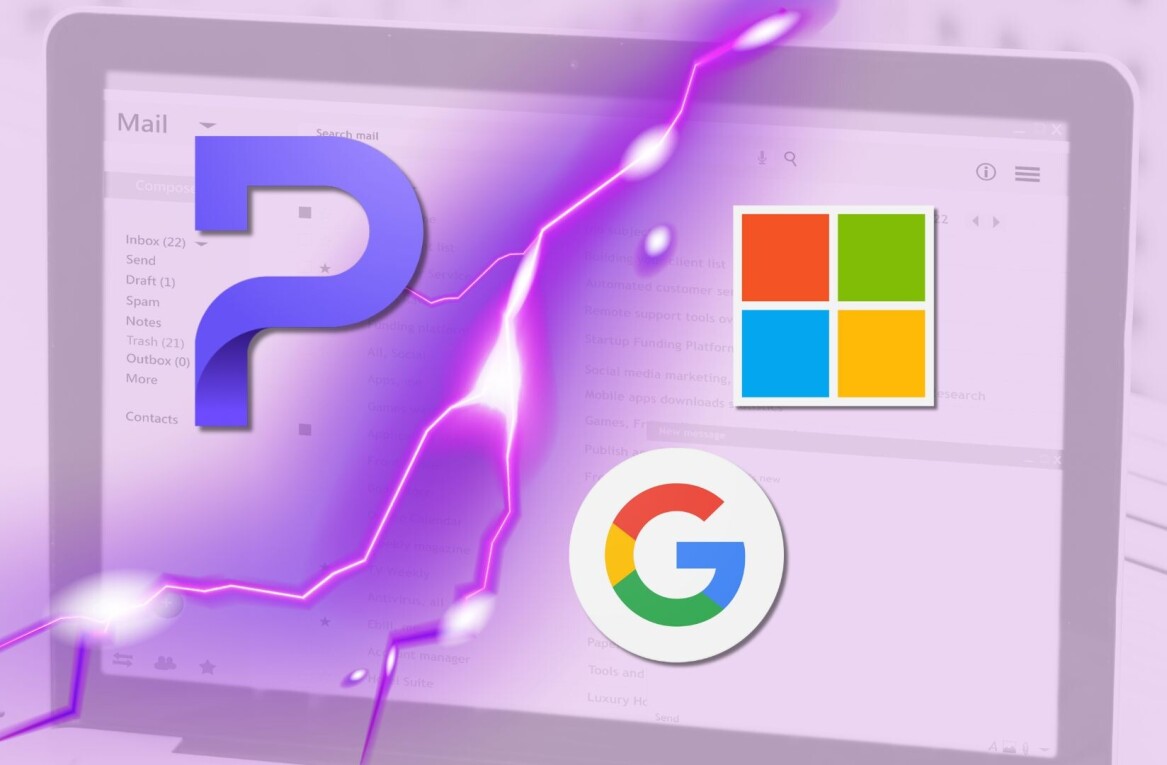
Google and Microsoft have signed up to a voluntary code of practice that oversees ad networks’ carrying of ads that promote piracy or websites selling counterfeit goods online.
The ‘Best Practices Guidelines for Ad Network to Address Piracy and Counterfeiting’ document, which only applies to US-based ad networks operating in the country, was announced today and falls under the remit of the White House’s Office of the US Intellectual Property Enforcement Coordinator.
Google and Microsoft have now both pledged to follow the new guidelines which include a ‘notice and takedown’ system, to help reduce the overall amount of piracy and counterfeit goods being sold online.
Google’s vice president of Public Policy and Government Relations Susan Molinari had this to say:
“Ad Networks will maintain and post policies prohibiting websites that are principally dedicated to selling counterfeit goods or engaging in copyright piracy from participating in the Ad Network’s advertising programs. By working across the industry, these best practices should help reduce the financial incentives for pirate sites by cutting off their revenue supply while maintaining a healthy Internet and promoting innovation.”
Microsoft’s equivalent figure Fred Humphries, Vice President of US Government Affairs at the company, said:
“An appropriate notice-and-takedown system – that requires rights holders to identify specific instances of infringement and online services to respond promptly and appropriately to such notices – can address infringement while still respecting critical values such as fair use, privacy, free speech and the freedom to innovate.”
Google added that it had already taken significant measures on many of its products, such as YouTube’s Content ID system and copyright removal tools for its Web Search, to protect intellectual property and reduce infringement.
In total in 2012, Google says it disabled ad serving to 46,000 sites for violating copyright policies and shut down more than 82,000 accounts for attempting to advertise counterfeit goods
While the guidelines only apply to US ad networks, getting Google and Microsoft to sign up was always going to be essential if the White House expects other players to follow suit – with two industry giants behind it, the measures will have far further reaching effects than any ad-hoc efforts could have done.
Featured Image Credit – AFP/Getty Images
Get the TNW newsletter
Get the most important tech news in your inbox each week.




